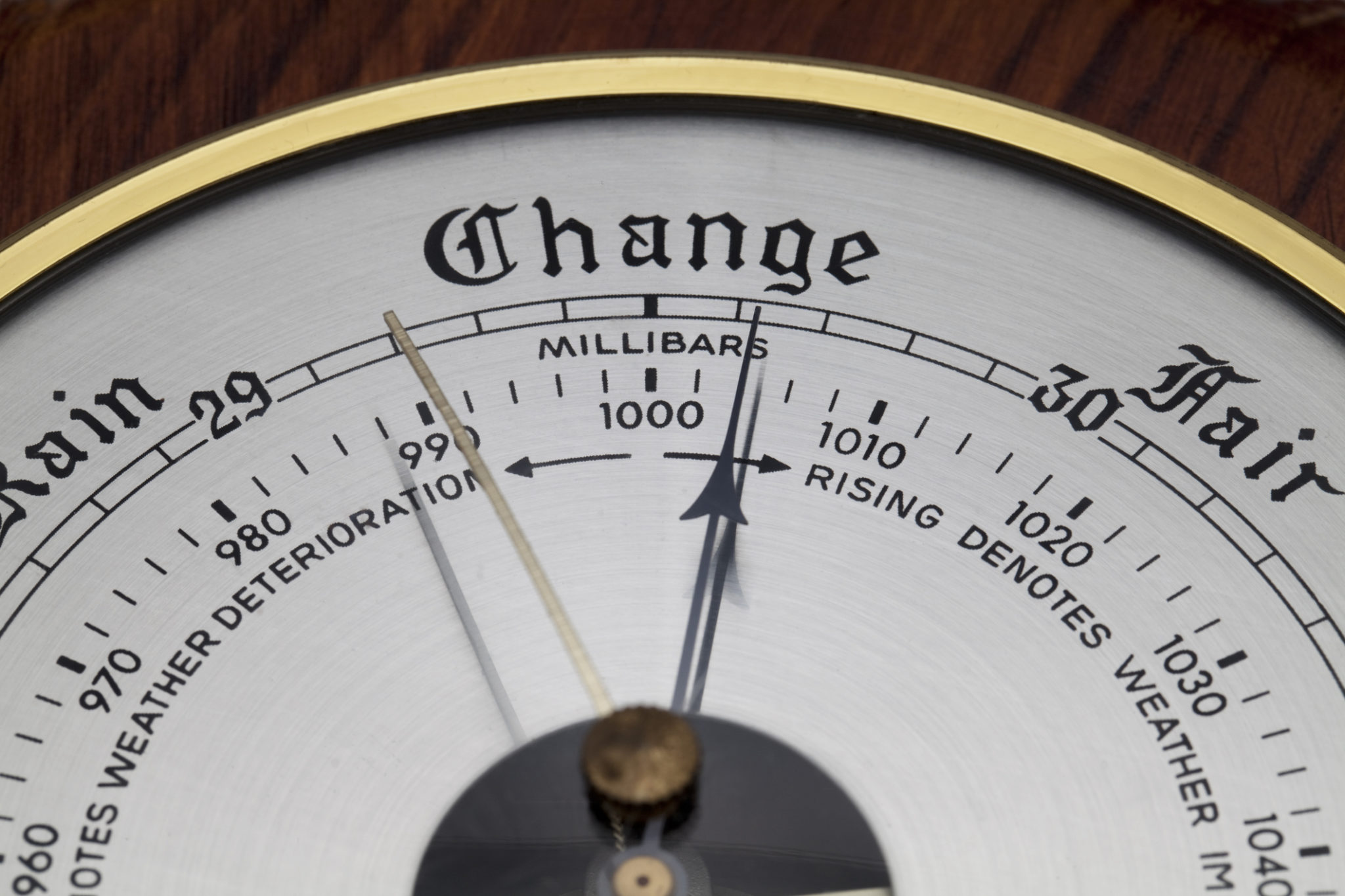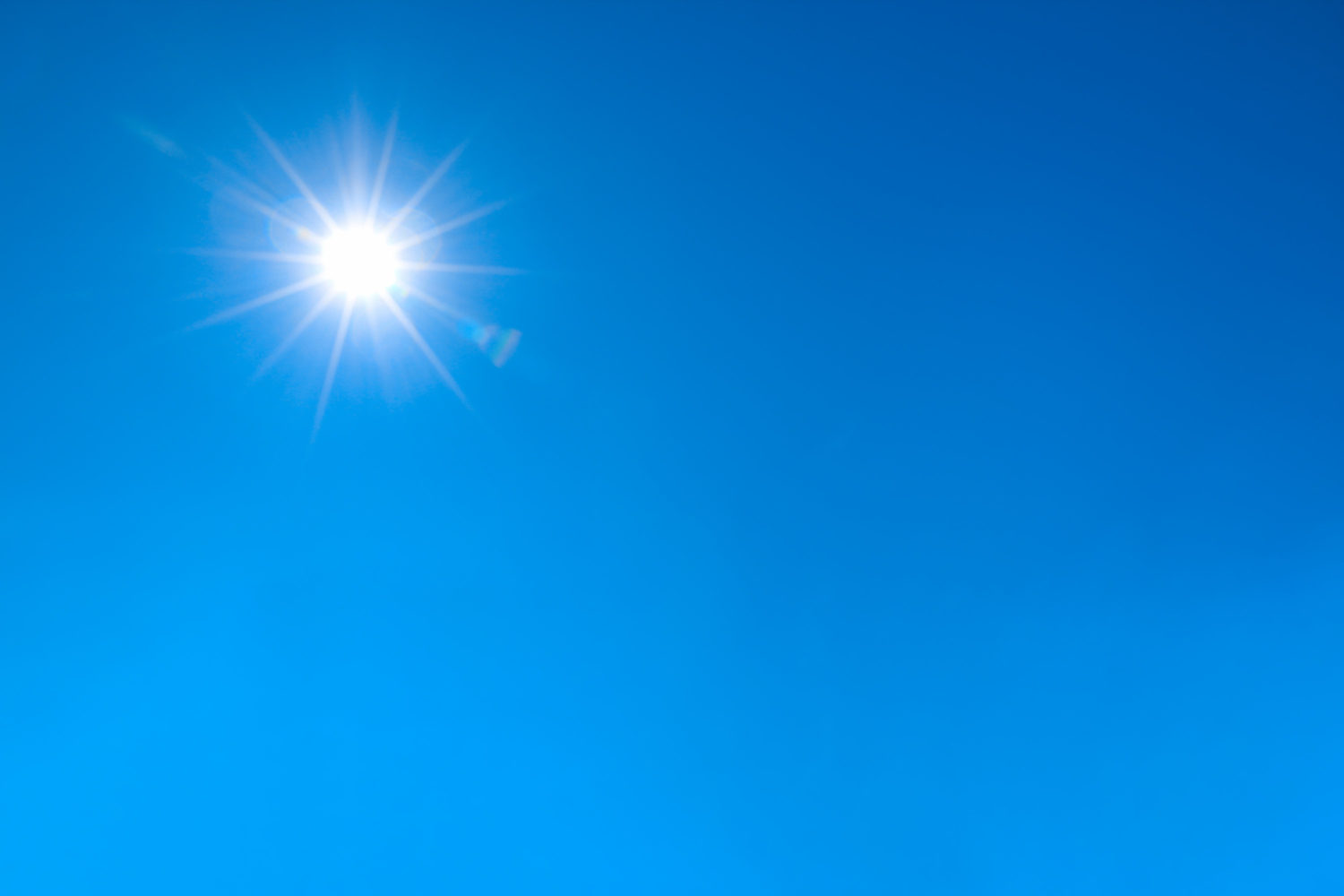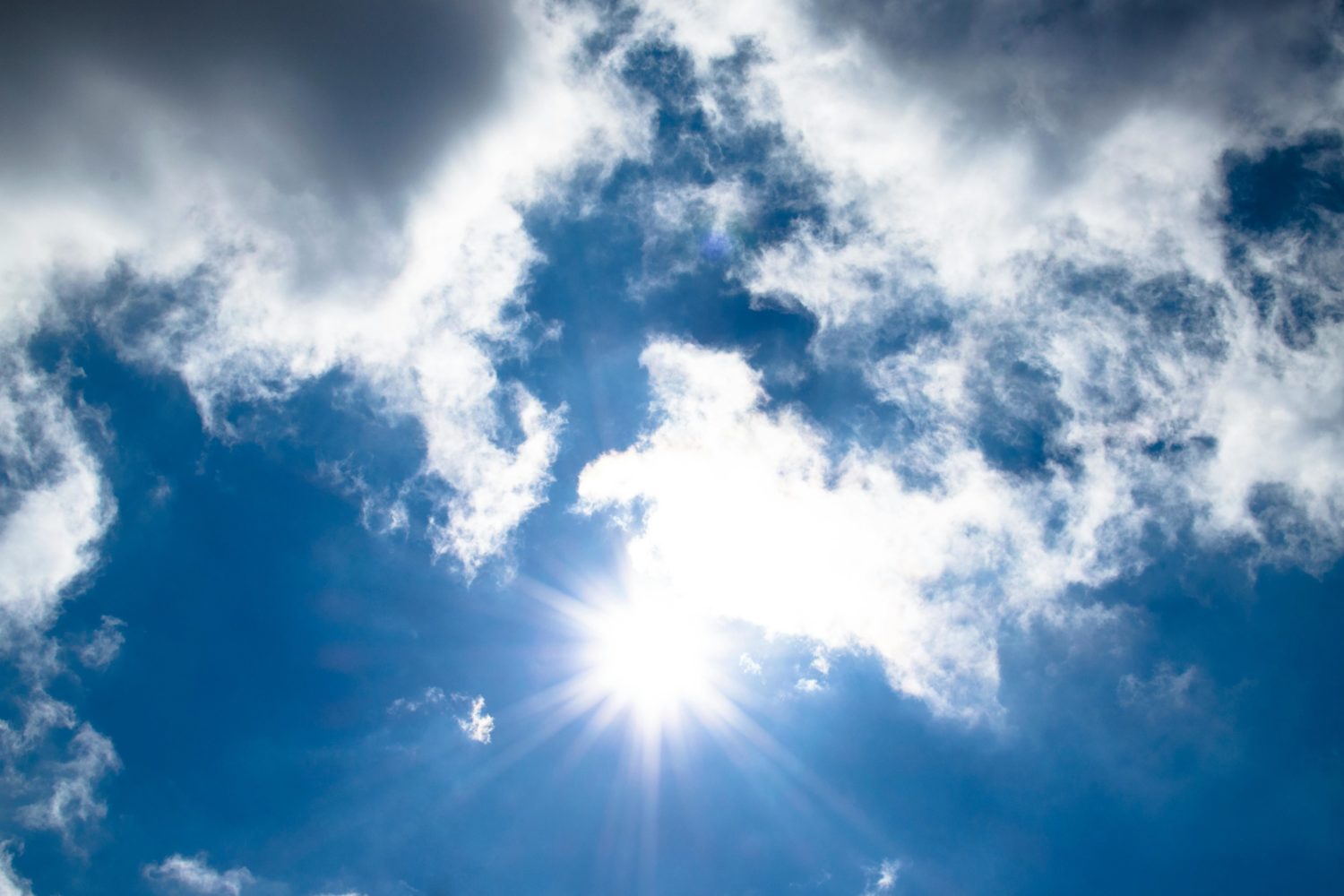If you’ve experienced more headaches than usual lately, blame Washington, DC’s whipsaw weather: changes in barometric pressure may have contributed to your agony. And while it’s pointless to get mad about, you know, the air, knowing when pressure changes are afoot can help headache sufferers plan ahead and possibly avoid other triggers.
So maybe it’s time to…buy a barometer?
Naturally, I called Matthew Cappucci to ask if this was a good idea. Cappucci is an impossibly positive and prolific force in Washington weather, providing content to the Capital Weather Gang, WAMU, MyRadar Weather, and Fox 5. He’s also an author—his storm-chasing memoir came out last year, and he’s working on a children’s book—freelances for outlets including BBC News and SkyNews Arabia, and keeps fans abreast of his latest misfortunes on Twitter (“I’m my own happy, little, self-contained natural disaster,” he says).
I asked Cappucci to explain barometers to me as if I’m an idiot, which in fact I am. “A barometer is basically a scale that measures the weight of the air,” he says. When there’s more air on top of us, that’s high pressure. Skies are usually clear because air pushes downward, preventing clouds from forming. Low pressure sucks air upward, causing wind and inviting rain. A barometer, Cappucci says, “is designed to just measure how much air there is on top of you.”
Sold! Amazon carries lots of inexpensive barometers (like this one, retailing under various brand names for $10 to $15), but you can also make one at home if you’re on the fence. Then, start keeping track of the trends so you know when low and high pressure are on the way.
“My favorite is having a barometer near a hurricane or when a big storm’s passing nearby [because] you get some of the lowest pressure ever on the surface of the planet,” Cappucci says. “Me being me, of course I own multiple barometers.” His weather instrument collection has even injured him in the past, he notes: He tripped while holding a glass thermometer and still has a small shard of glass in his finger. “As bad and gross as that sounds, I’m the only meteorologist I know who has any sort of thermometer-related injuries.”
Anyway, back to barometers. If, like me, you started browsing barometers and then talked yourself into buying a complete personal weather station, that’s fine but not necessary, Cappucci says. He doesn’t even own one of said personal weather stations, since he lives in an apartment building and relies on publicly available data. “Ultimately,” he says, “it just depends how into it you are.”



















